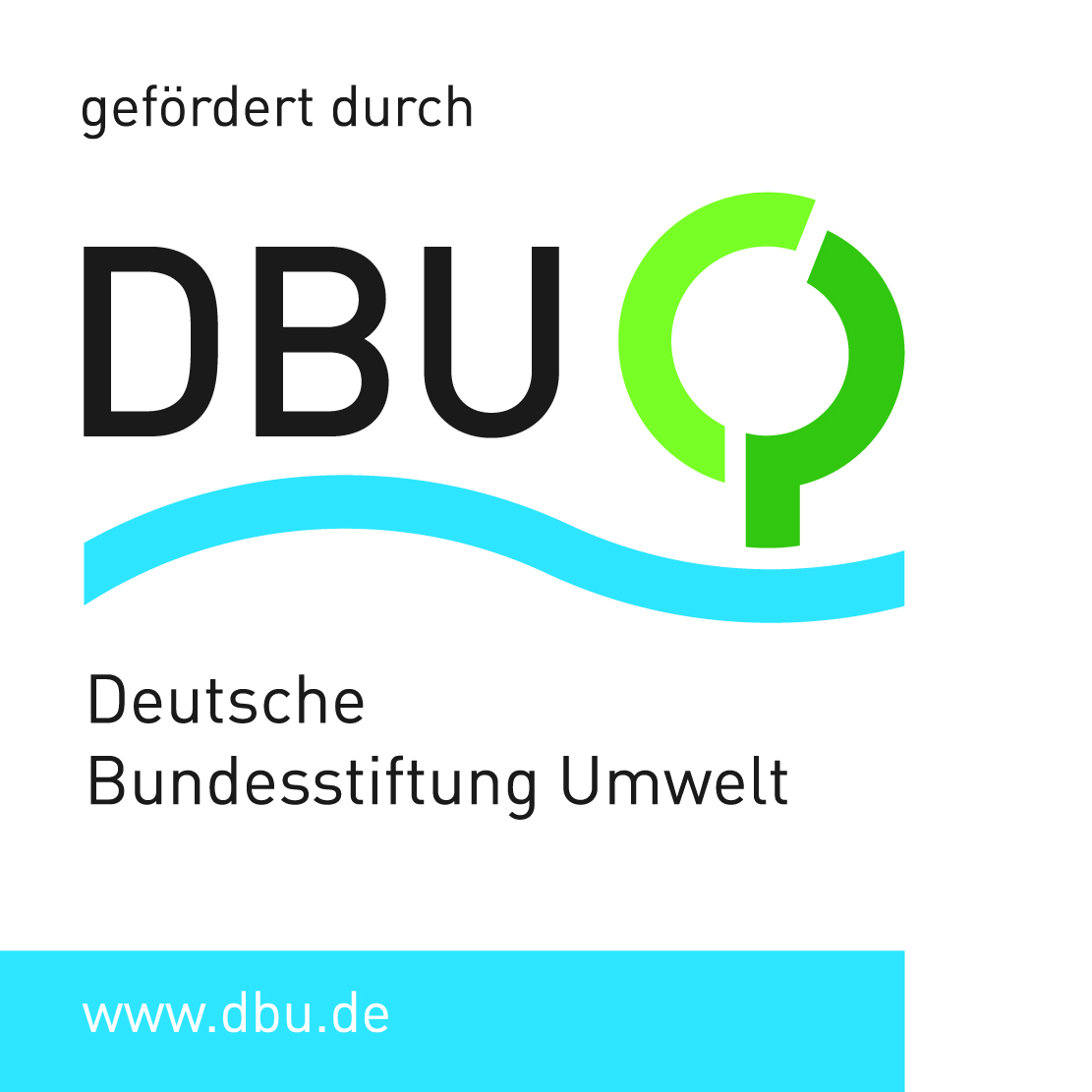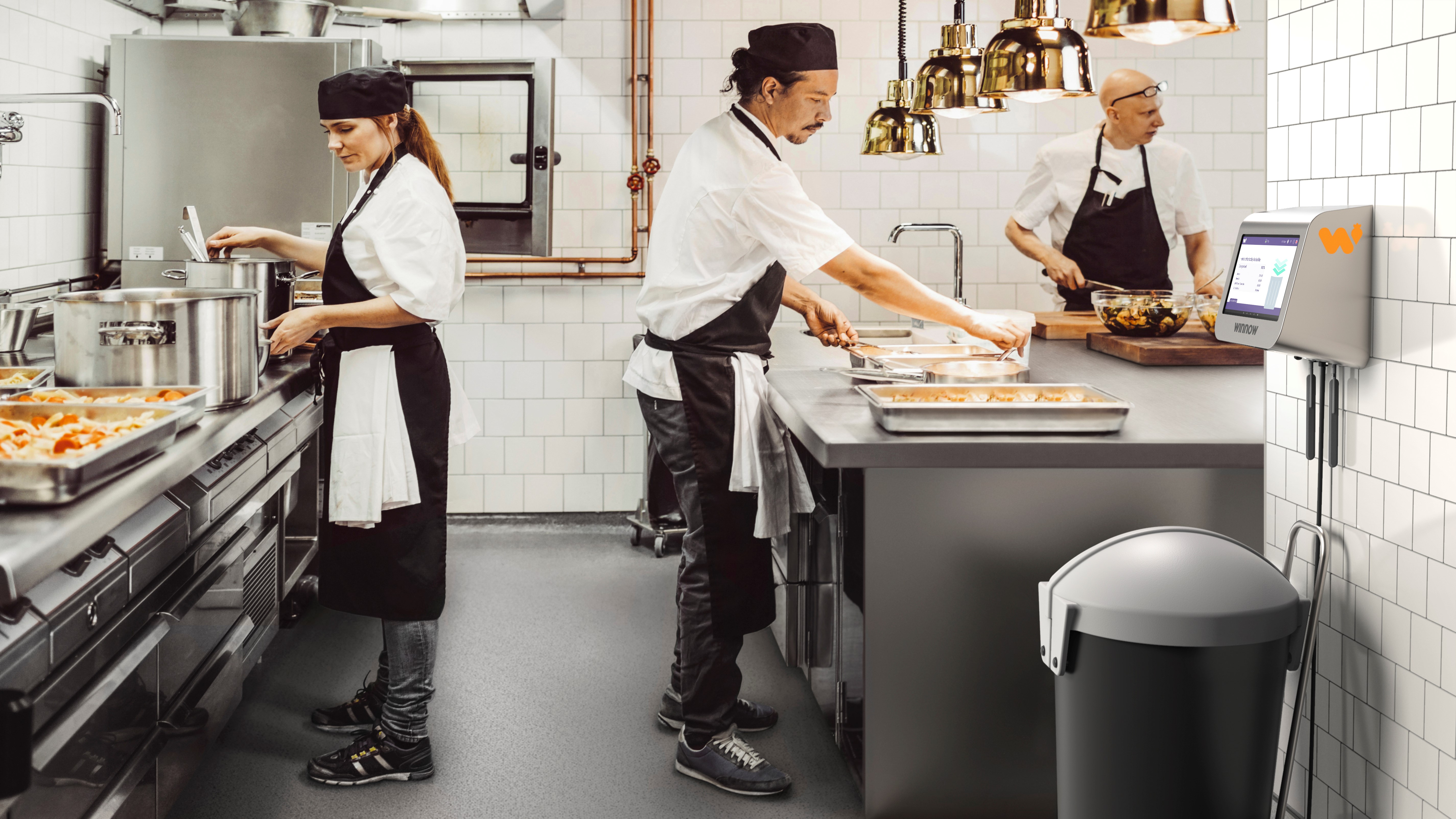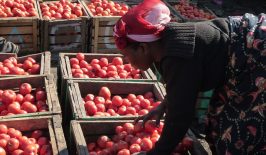Every year in the EU, an estimated 88 million tons of food is thrown away. Globally, it’s more than a billion tons of food that never gets eaten each year, and food loss and waste is thought to be responsible for an estimated 8 percent of annual greenhouse gas emissions. We as individuals, the end consumers, are thought to be responsible for over half of this waste, but food waste is also generated in other areas. Around 12% of that 88 million tons is lost during the food service and catering industries. million tonnes is lost during processing and in out-of-home consumption, i.e. catering, with 1.7 million tonnes. In the end, food waste means a lot of wasted resources: land, labour and energy have been spent to produce, transport and process the food, which ultimately ends up in the garbage and, in the worst case, in landfills where it releases greenhouse gases.
One of the goals of the 2030 Agenda for Sustainable Development (otherwise known as the Sustainable Development Goals) is to halve per capita global food waste at the retail and consumer levels and reduce food losses along production and supply chains, including post-harvest losses (Goal 12.3). The focus is mostly on households, as this is also where most food waste is produced. But, other sectors, such as the catering industry, also have a significant responsibility. Although there are already some innovative solutions – digital tools to reduce food waste like the Too Good To Go app and SirPlus shops that help to save and repurpose leftover food from supermarkets and restaurants – it would be even more efficient to stop as much as food as possible from becoming waste in the first place.
A smart food-identifying rubbish bin that tells chefs where they’re going wrong
In professional kitchens, there is often a lot of food going to waste – and a lot that can be avoided. And most of the time, no proper record is being kept of how much and what is thrown away and when. The company Winnow Vision, founded in London in 2013, wants to remedy this problem by applying artificial intelligence. Winnow has developed a smart system that uses a camera and a scale to photographically identify and record the food that has been thrown away and determine its weight.
According to Winnow, the company’s test systems achieve comparable or even higher accuracy in identifying wasted food than humans do. When it’s first used, the employees in the kitchen have to manually enter the type of food that ends up in the bin. However, after a short training period and with the help of cloud learning, the smart system can independently identify the discarded food using the photos that it takes. There’s no longer any need for the data to be entered manually, which increases accuracy and convenience.
The system then uses the information collected to produce regular reports with calculations of the volume, value and environmental impact of the waste is calculated. With this knowledge, caterers can make informed decisions about how best to reduce food waste in the kitchens. This could be menu adjustments, for example, if it is found that a dish returns with a lot of leftovers on the plate. It is also possible to work out when most food waste occurs. In the case of buffets, this is usually towards the end, when customers expect all of the options on offer to still be available, but only a small portion of it is then eaten. One solution for this situation would be to prepare food freshly towards the end of the buffet, as and when its required.
So far, more than 1,000 kitchens are already working with the system, led by a number of hotel chains and the furniture store giant IKEA, which of course has a restaurant in each of its stores. The IKEA store in Southampton in England, for example, has reduced its food waste by 75 percent since using Winnow. The system has also been used to establish a link between the weather and what the customers prefer to eat. The team found that on sunny days, customers prefer to buy food that is easy to eat outdoors, such as hot dogs and wraps. Thanks to that insight, the kitchen was able to adjust its production to the weather forecast and avoid overproduction.
Incidentally, the English word “winnow” is an old agricultural term that means separating the wheat from the chaff and the good from the bad. The London-based company has already received an award for its smart waste disposal system: in 2019, Winnow was named “Tech Disruptor” at The Circulars, a program that rewards excellence in the recycling industry. The Circulars are awarded by the World Economic Forum and the Forum of Young Global Leaders.
This is a translation by Marisa Pettit of an original article that first appeared on RESET’s German-language site.

The RESET Special Feature on AI is part of a project funded by the Deutschen Bundesstiftung Umwelt (German Federal Environmental Foundation DBU). As part of this project, over a period of two years we will be developing four RESET Special Features on the topic of “Opportunities and Potentials of Digitalisation for Sustainable Development”.
Find more information here.






